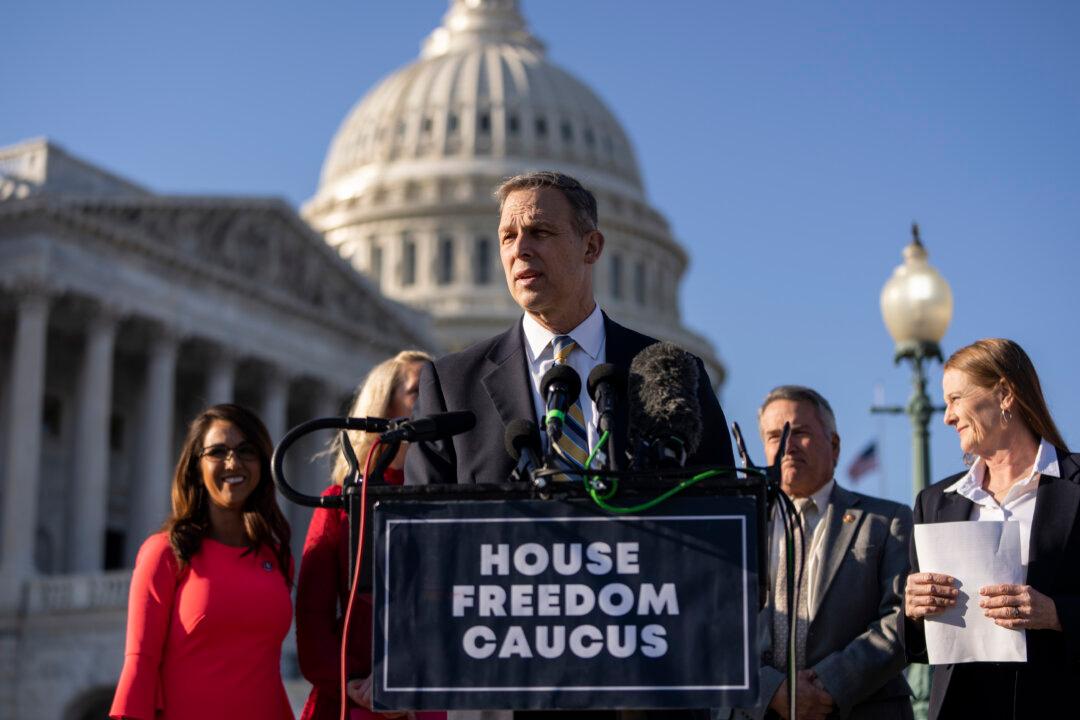New rules to govern the House of Representatives in the 118th Congress (pdf) include multiple reforms sought by conservative Republicans seeking to rein in the power of congressional leaders and give rank-and-file members more control of the lower chamber.
The most controversial of the rules reforms sought by the House Freedom Caucus under its chairman, Rep. Scott Perry (R-Pa.)—bringing back the motion to vacate the chair, thus forcing a new vote for a speaker of the House—was a late addition by House Minority Leader Kevin McCarthy (R-Calif.) to the package that was made public late on Jan. 1.





